Vaccine
The European Union's (EU) and African leaders, including Emmanuel Macron and Paul Kagame, on Tuesday, called for "technology sharing" and "innovation support" to produce more vaccines locally in the world to combat pandemics.
the French, Rwandan, South African President Cyril Ramaphosa and Senegalese President Macky Sall, German Chancellor Olaf Scholz and World Health Organisation (WHO) Director-General Tedros Adhanom Ghebreyesus raised these concerns in an article published in Le Monde.
"It is high time to intensify collaboration, promote local production and build confidence in locally produced products, in order to be better prepared for the next crisis," they insist.
Africa is the world's least vaccinated continent against Covid-19, with less than 20% of its 1.2 billion people receiving two doses of the vaccine.
Africa's first messenger RNA vaccine factory opened in June in Rwanda, with the aim of producing treatments for Covid-19 and other diseases for millions of people across the continent by early 2024.
South Africa also opened a Covid vaccine factory in January. Senegal is also set to become a regional hub for vaccine manufacturing.
"It is difficult to build a vaccine production unit, but it is even more difficult to ensure its sustainability," said the signatories of the forum.
They call for more training of personnel, more regulation, in Africa and elsewhere in the world, and more investment "in pandemic preparedness".
mRNA technology can also be "adapted to fight other diseases, such as HIV infection, tuberculosis, malaria and leishmaniasis", they note.



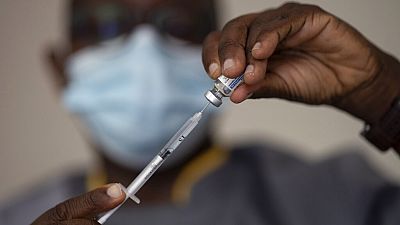

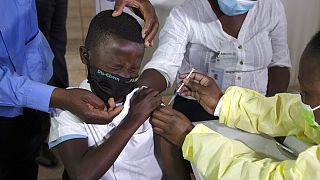
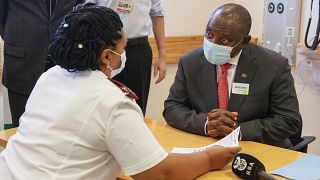
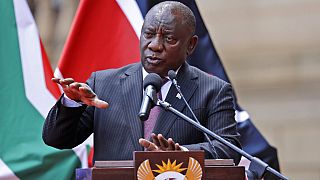



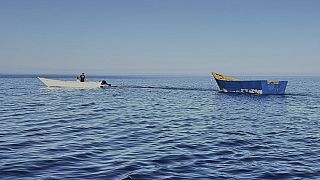

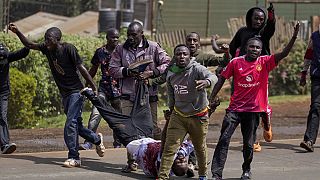
01:01
Chad’s former Prime Minister appeals to Macron after two months in detention
01:01
French Foreign Minister denounces spy charges against couple imprisoned in Iran
01:12
Eastern DRC tensions: UN points to Rwanda's role in AFC/M23 conflict
Go to video
Paraguayan town celebrates vibrant Kamba Ra'anga festival with masks, fire and tradition
01:47
'Minerals': Researcher explains U.S. interest in DRC-Rwanda truce
01:01
Rwandan opposition leader Ingabire arrested in connection with alleged plot to overthrow president